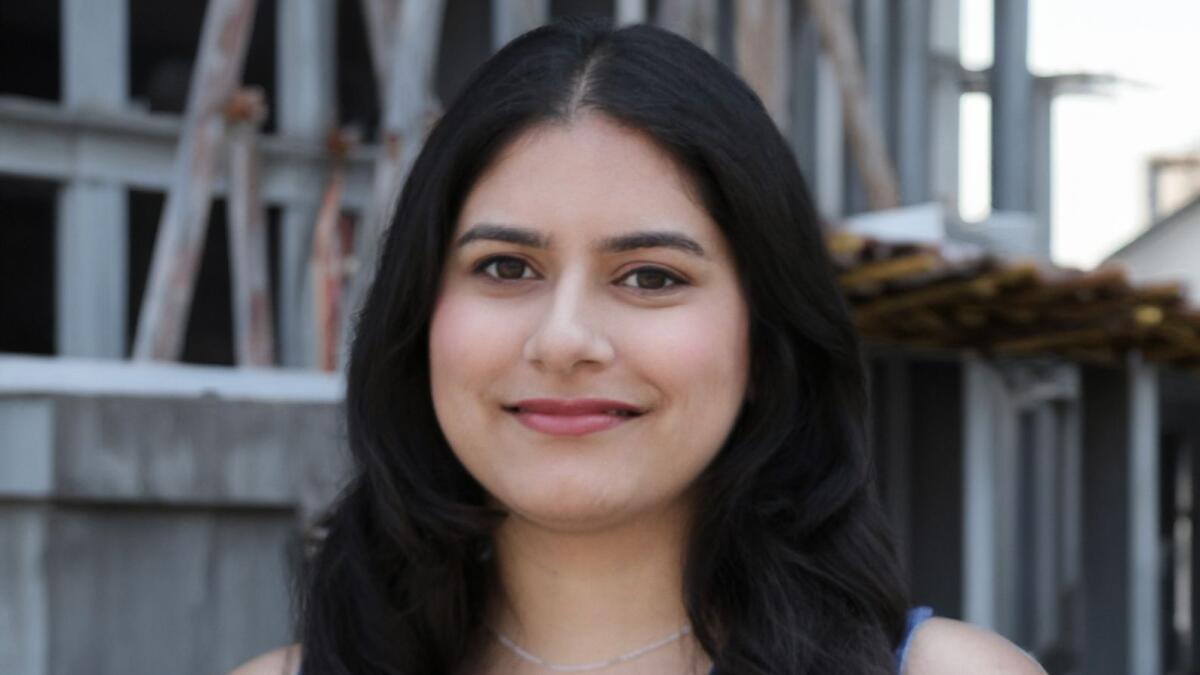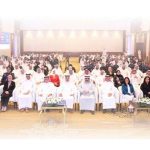Gen-Z, the generation born between the mid-1990s and early 2010s, is facing unique challenges, particularly when it comes to the climate crisis. With extreme weather events and environmental degradation becoming more prevalent, sustainability has become a pressing issue for this generation. Aanya Arora, a Dubai resident and architecture graduate from the Rhode Island School of Design, is among the Gen-Z individuals taking a proactive approach to addressing sustainability issues. She has made it to the finals of the Terra Carta Design Lab grant, a prestigious competition initiated by King Charles III and renowned designer Sir Jonathan Ive.
Aanya’s project, Surplus, aims to create a digital marketplace that enables the reuse of surplus construction materials, thereby reducing waste and promoting sustainability in the construction industry. The platform will connect buyers with sellers of surplus materials, allowing contractors to search for specific materials in real-time and facilitating efficient transactions. Aanya highlights the significant amount of construction waste generated annually and the potential for these materials to be reused or recycled, emphasizing the importance of managing construction waste in a more sustainable manner.
One of the primary challenges Aanya faces with Surplus is changing the mindset of builders and contractors to prioritize sustainable practices in managing construction waste. Despite the convenience of sending surplus materials to landfills, Aanya aims to raise awareness about the environmental impact of such practices and promote the benefits of adopting more sustainable solutions. The idea for Surplus stemmed from Aanya and her co-founder Michael Faris’s observations of rapid urban growth and wasteful construction practices in their respective hometowns, making it a personal and meaningful project for them.
Aanya’s passion for architecture, influenced by her upbringing in Dubai, plays a significant role in driving her commitment to sustainable design and innovation. She highlights the power of design in shaping human experiences and behaviours, as well as the interdisciplinary nature of architecture that allows her to address complex challenges through creative solutions. With Surplus, Aanya aims to create a human-centred interdisciplinary design solution that meets the needs of various stakeholders in the construction industry, incorporating input from sustainability experts, architects, and environmental scientists.
If Aanya and Michael win the Terra Carta prize, they plan to launch the initial version of Surplus in October and conduct public testing before the official launch in January. Their long-term goal is to bring the project to the UAE and expand its impact globally by promoting sustainable practices in the construction industry. By leveraging technology and innovative design, Aanya and her team are paving the way for a more sustainable future in construction and contributing to the fight against climate change.










